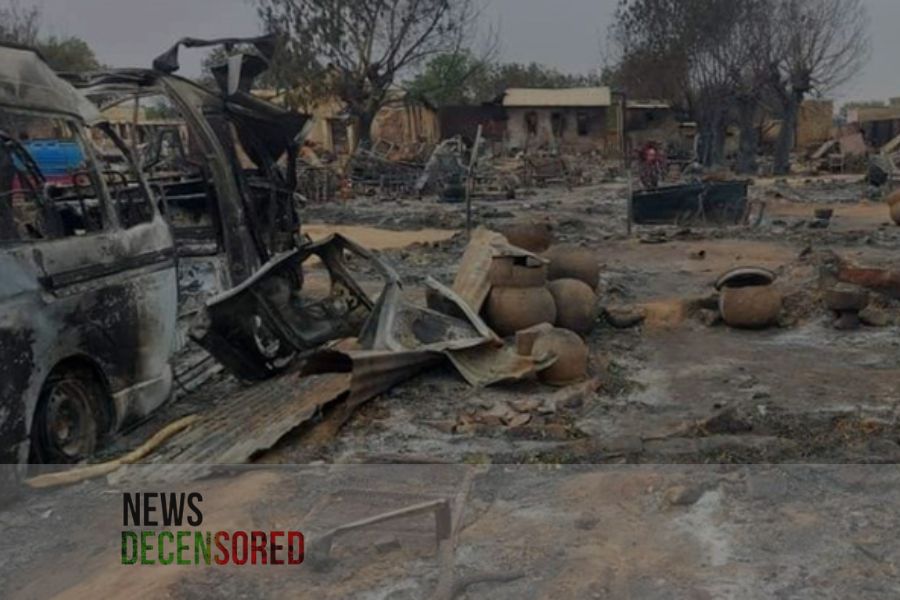According to the World Food Program (WFP), more than 95 percent of the population in Sudan currently does not have access to adequate food daily. Fighting between the country’s army and its rival Rapid Support Forces (RSF) has so far left thousands dead and nearly 8 million displaced. The United Nations Children’s Organization (UNICEF) has said that 14 million children in the country are in dire need of help to survive.
WFP Executive Director Cindy McCain has said that 20 years ago, when the world’s largest food crisis broke out in Darfur, Sudan, the international community came together to help. But today the people of Sudan have been forgotten.
There is also a fear that the recent conflict will spread beyond the country’s borders, which will endanger the peace and lives of people across the region.
Cindy McCain said this in South Sudan, where she has met with people who have come to save their lives from the violence and worst-case famine in Sudan.
Obstacles to relief work:
18 million people in Sudan are severely food insecure and 5 million people are facing famine. Restrictions on movement by warring parties and a lack of resources have made it extremely difficult for aid workers to reach those in need.
In Sudan, 90 percent of people experiencing severe malnutrition are in areas where aid access is very difficult. WWF has issued a new appeal to the warring parties to immediately stop fighting to help these people.
Aid activities have been further disrupted by the Sudanese authorities’ refusal to allow truck convoys to enter the country through the border crossings to South Sudan and Chad. In such circumstances, the delivery of aid from Chad to Darfur has also been affected.
The organization has said that the food crisis is not limited to Sudan, but it is affecting two and a half million people in the three countries, including South Sudan and Chad.
Malnutrition in refugee children:
In the ongoing civil war since April 15 last year, millions of people have been displaced from their areas. Among them, 600,000 people have come to South Sudan for asylum. WWF has reported that 20 percent of children in refugee centers on the border are malnourished.
Although displaced people make up a small portion of the country’s population, recent arrivals in South Sudan represent more than 30 percent of the acutely hungry population.
WF is facing serious difficulties in meeting the nutritional needs of the people in Sudan. The agency announced in January that it needs an additional $74 million to address Sudan’s food crisis, which is expected to feed 4.2 million people this year.
Cindy McCain has said that in South Sudan, she also had the opportunity to meet with refugee mothers and children who were forced to move several times to save their lives and now their lives are threatened by famine. If measures are not taken to control these situations, the entire region will be affected by this crisis in the coming days.















